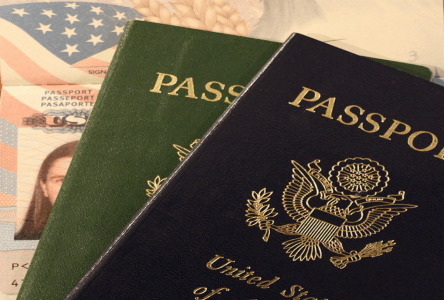Work Visa Changes
Government, Immigration / 17 December 2019

We recently advised you that the Government was introducing changes to temporary work visas here.
The Government has provided further information on the new three stage work visa application process, which will likely come into effect on 2021 as a phased approach. The actual details of what each check will involve, and the cost of this three-stage process is still unknown, but we summarise the check requirements below.
Stage 1- Employer Check.
All employers must be accredited to hire migrant workers, by one of three checks:
- Standard: for employers hiring between one to five migrant workers in a twelve-month period;
- High-volume: for employers who hire more than five migrant workers in a 12 months period; and
- Labour hire companies.
To be accredited, employers will need to demonstrate that they are a genuine business complying with all employment law requirements, with high-volume employers also needing to prove that they are committing to training New Zealanders. Checks will initially be valid for 12 months and then subsequently for two years, but labour hire companies will need to go through checks annually.
Stage 2 – Job Check.
Depending on the type of role or industry, one of three job options then applies:
- High pay –available if the job pays more than twice the median wage. Migrant workers employed under this option will likely have a pathway to permanent residency.
- Sector agreements – several industries that rely heavily on employing migrant workers will be able to negotiate a sector agreement with the Government, the purpose of which is to ensure long term that the relevant industry encourages more New Zealanders into these jobs to reduce reliance on migrants. Early indications are that sectors will include residential care, meat processing, diary, forestry, road freight transport, tourism and hospitality.
- Regional labour market test – different processes will apply depending on where the role is located and how much the role is paying, with visa length also impacted by this, based on three regions defined as follows:
- Cities – Auckland, Wellington, Hamilton, Christchurch and Dunedin;
- Higher-supply regions – Northland, Manawatu-Whanganui, Bay of Plenty, Gisborne/Hawkes Bay, Taranaki, Tasman/Nelson/Marlborough/West Coast and regional Wellington; and
- Lower-supply regions – Waikato, Canterbury, Otago and Southland.
Stage 3 – Worker Check.
The final worker check stage requires the migrant worker to pass health, character, identity, skills and qualifications tests.
Message for Employers
As these changes will not be introduced until 2021, there is no need to make any changes to your visa processes now. However, we recommend that those employers who will likely be considered high volume employers should start to think about how their organisation can facilitate training and upskilling New Zealander workers as this will be a requirement.
If you would like to understand more about how the changes may impact on your business or you need assistance on immigration issues, please contact us.
Disclaimer: We remind you that while this article provides commentary on employment law and health and safety topics, it should not be used as a substitute for legal or professional advice for specific situations. Please seek legal advice from your lawyer for any questions specific to your workplace.